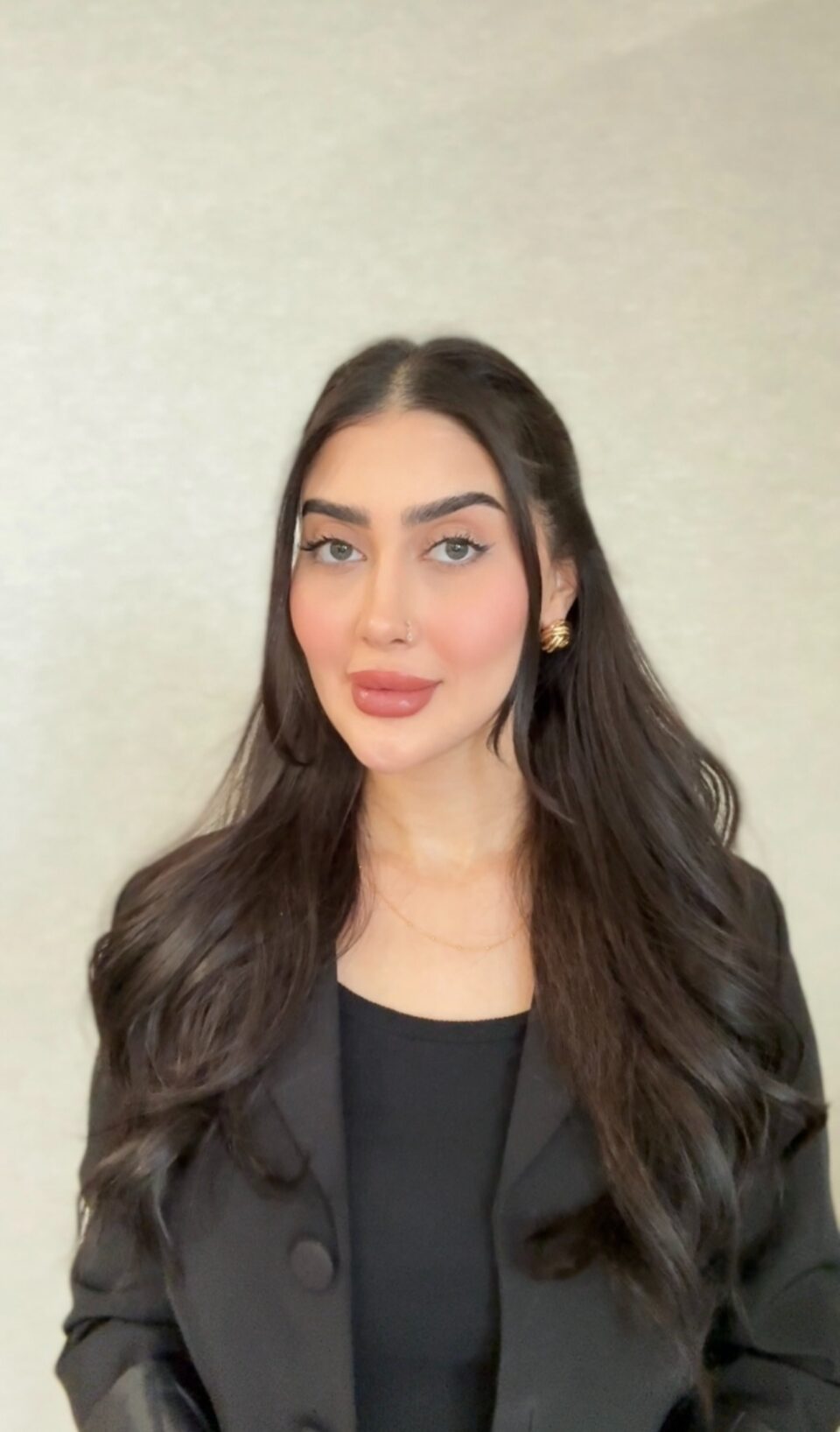By Zari Nuri Briefkani
My lifeline has always come from Kurdish culture. They are the songs I grew up listening to, the celebrations that brightened our house, and the tales my parents shared about who we are and where we come from. It is not just a part of me; it is quite literally who I am.
My parents made one very clear point while I was growing up in Canada: we would talk Kurdish at home. No exceptions. My siblings and I could not get away with slipping into English. My dad, in his gentle but determined way, would sit us down and talk about Kurdistan’s struggles, his voice full of pride. He wanted us to understand that being Kurdish was a responsibility rather than merely our background.
Their love of Kurdistan was in the way they clung to customs while being thousands of kilometers from their birthplace. That feeling was in my mother’s Kurdish lullabies and my father’s explanations of old Kurdish songs. That love stayed with me even as I navigated in a society not always understanding Kurdish culture. It eventually inspired me to move back to Kurdistan and be closer to the land and culture that shaped me.
However, coming back was not what I had anticipated whatsoever. Sitting in cafés, strolling around Kurdistan’s streets, or browsing social media, I began to notice things that felt out of place. Our young people are quietly shifting. It isn’t a loud rebellion or outright rejection of our roots, but rather a subtle drift that is easy to miss unless you pay attention.
I notice fewer young people speaking Kurdish. They find it easier sometimes slipping into Arabic, English, or Turkish. I see our traditional dances and songs, which were once the heart of every gathering, being replaced by global hits. And our old proverbs and tales are unfortunately competing for attention with Instagram posts and TikTok trends.
At first, I tried to brush it off. “The world is changing,” I told myself and cultures do sometimes evolve. But the more I thought about it, the more it started to hit me. This isn’t just about our language or traditions. It’s about who we are, our very identity. When we allow our culture to fade, we’re not just losing words or old practices—we’re losing the bond that ties us together, the stories that connect us to our past, and the sense of belonging we’ve carried for generations.
After moving back, I remember the first time I witnessed a Newroz celebration. And although the fire and the colours remained, something seemed different. It felt more like a performance than the deeply ingrained celebration I grew up hearing about. I hear more pop music than Kurdish folk tunes at weddings. And the stories my parents told me as a child? They are disappearing from the conversations of younger generations.
However, preserving our culture is only a part of the answer. In order to truly honour our heritage, we must pair it with a commitment to developing our precious Kurdistan. Progress doesn’t mean abandoning tradition or chasing after Western ideals; it means building a society where both modernity and culture thrive side by side. If we stay and work here, we can build the Kurdistan we dream of, instead of searching for it elsewhere.
But I refuse to believe that Kurdish culture is coming to an end. It’s not too late to restore it. In fact, I believe this is our moment— a means of reviving our traditions.
It begins right here at home. Although it wasn’t always easy for us as children to have my parents insist on speaking Kurdish at home, now I’m glad for it. Though it’s difficult, families must preserve our language and culture for the next generations. Tell the stories your grandparents and parents told you. Share the dances and songs—not as a duty but as a gift to the next generation.
Our schools also have more to do. Kurdish language and history should not be afterthoughts; they must be at the centre of education. How can young Kurds know where they are going if they are not sure where they come from?
Technology can play an important role, as well. I used to blame it for the drift I noticed, but today I see its potential. Social media can be a tool for revival, allowing us to share our stories, crafts, and music with the world. We can use it to communicate with other Kurds, no matter where they are, while reminding ourselves of the beauty of our culture.
To our youth, I want to emphasize that your culture is a treasure, not a burden. It is the stories of resilience that brought us here. It’s not something that will hold you back; it’s something that can help you rise. And to my fellow Kurds: please do not criticise our youth for their drifting. Let us guide them back with love, support, and pride. Honour their attempts at reconnection. Show them that their roots are wings that allow them to soar, not chains that will hold them down.
Kurdish culture does not have to disappear. Every day we decide about the languages we speak, the customs we pass on, and the pride we express in who we are. My parents knew that, and today I too understand. The question is: Which decision will we take next?

